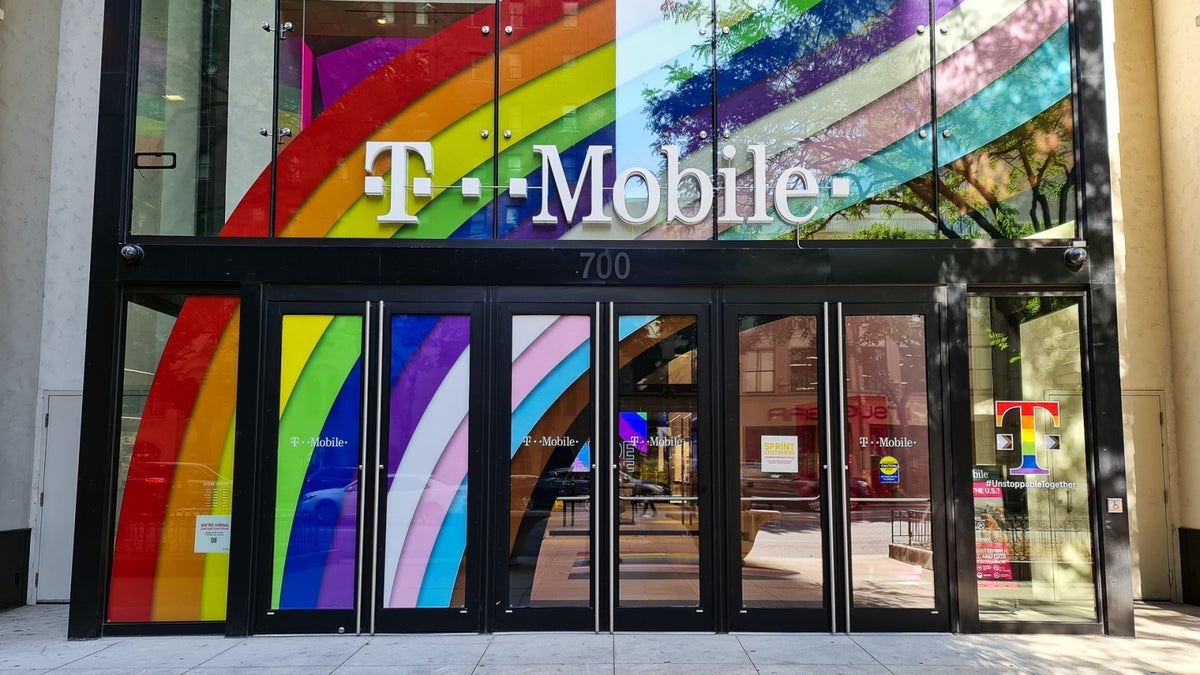**Beware of Scam Calls Targeting U.S. Wireless Subscribers: How to Protect Yourself**
Subscribers to U.S. wireless carriers—a group that represents a huge percentage of the adult population—need to be cautious whenever they receive an email, text, or phone call that appears to come from their mobile service provider.
Many scammers take advantage of Americans’ desire to keep their wireless service intact by sending phishing messages or making deceptive phone calls. These messages often threaten to disconnect service due to a “missed payment” or ask recipients to provide personal information under false pretenses.
### How Scammers Use Social Engineering to Trick You
Scammers rely on social engineering—a tactic that manipulates human emotions like fear, urgency, and curiosity—to coerce people into responding the way they want. For example, they might offer a bogus discount or threaten service disconnection, knowing many subscribers will respond quickly to avoid losing connectivity or to save money.
### A Real-Life Scam Attempt Targeting a T-Mobile Subscriber
A Reddit user with the username *newbrevity* shared his recent experience with such a scam call. He received a phone call from “friendly-sounding fellows with Indian accents” who claimed that, due to his good payment record, he was eligible for 30% off his T-Mobile bill for 24 months.
Most people would be immediately suspicious—and so was this Redditor.
The callers insisted they didn’t need any of his personal information and asked him only to call his T-Mobile account to verify the offer. This should have been the first red flag, prompting him to hang up immediately.
But the call took a worse turn when the scammers then said they needed his account PIN to access his records.
### How the Subscriber Handled the Situation
At this point, the subscriber expressed discomfort about giving out his account PIN. The scammers responded by saying they would send him a link to reset the PIN—a response that made the call feel even more suspicious.
The subscriber then gave a perfect reply: “How about this, why don’t you give me a callback number, and I’ll verify it with T-Mobile before calling you back?”
Upon hearing this, the scammers abruptly hung up and never called back.
### What Reddit Users Are Saying
One Redditor joked, “T-Mobile reaching out to save you money? lol. Good on you for being hesitant.”
Another offered sound advice: “Never answer unknown numbers; let it go to voicemail. If it’s something seriously important, they will either say so in the voicemail or continue to call back.”
### Important Information from a T-Mobile Representative
A T-Mobile representative confirmed that the carrier’s policy prohibits reps from asking for any verifiable information during outbound calls. They clarified, “Even if you call T-Mobile and the call drops before we ask for your name and PIN, we still aren’t allowed to ask for that information when we call you back.”
### Have You Received a Call Like This?
Scam calls like this have been reported widely over the past two weeks. While most people recognize these as scams and hang up to verify with their carrier, some mistakenly blame T-Mobile for the calls.
### Final Thoughts: Stay Vigilant
Whether scammers promise discounts or claim you’re behind on payments, they are skilled at playing on emotions to manipulate you. This social engineering tactic targets fear, urgency, and curiosity, making it extremely effective—like “shooting fish in a barrel.”
Always verify suspicious calls directly with your wireless carrier and never share personal or account information unless you are absolutely sure of the caller’s identity.
**Stay safe and protect your mobile accounts!**
https://www.phonearena.com/news/subscribers-to-t-mobile-have-been-targeted-by-scammers_id175396


